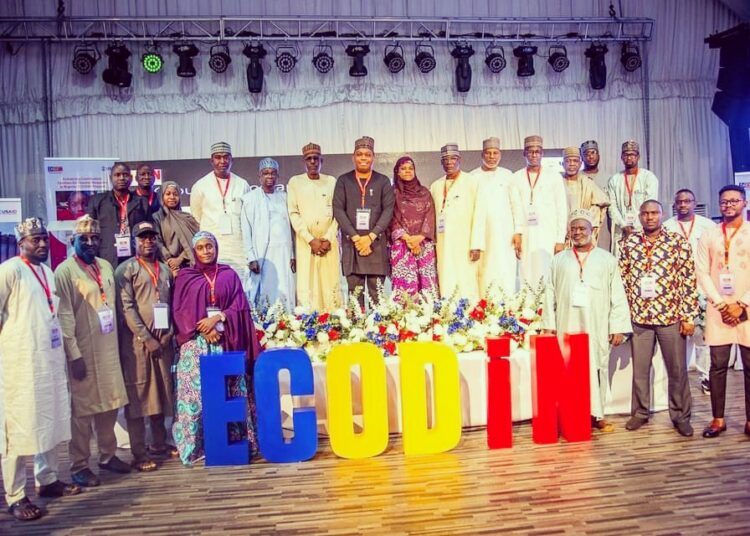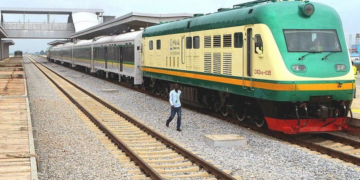Stakeholders in the environment sector and government officials, have launched a project aimed at mitigating climate change-related disasters in the Northwest states of Katsina, Sokoto, and Zamfara.
The ECODiN Project, fully funded by the United States Agency for International Development (USAID), is being implemented by a consortium led by Christian Aid in partnership with Cooperazione Internazionale (COOPI) and Life Helpers Initiative (LHI).
Speaking at the unveiling, Christian Aid Country Director Temitope Fashola emphasised the significance of the project, calling it a landmark step in Nigeria’s disaster management efforts.
He explained that the project aims to enhance the capacity of Disaster Risk Reduction (DRR) institutions in six Local Government Areas (LGAs) across the three states, with a focus on improving emergency management through effective coordination and systemic collaboration in Sokoto, Katsina, and Zamfara.
Fashola noted that the Northwest region has long been affected by multi-dimensional climate impacts, including drought, flooding, and resource-based violent conflicts between internally displaced persons (IDPs) and host communities.
He stressed that these disasters have led to significant losses, deaths, human displacement, and severely limited access to social services.
He further explained that Katsina, Sokoto, and Zamfara were selected for the project based on the severity of the climate disasters and conflicts in these areas.
He highlighted several challenges facing the region, including inadequate risk knowledge, weak hazard monitoring systems, poor coordination of responses, lack of critical equipment, underfunding, and staffing shortages.
These issues, he said, have hindered the ability of State Emergency Management Agencies (SEMA) to effectively manage climate and disaster impacts.
“In addressing these challenges, we all agree that a tree cannot make a forest,” Fashola said. “We believe that collectively, we can support government institutions tasked with disaster management to perform at maximum capacity and reach their full potential.
“Together, we can break down silos and foster strong partnerships among government agencies, civil society, traditional leaders, and communities,” he added.
On her part, the humanitarian Desk Officer at the Sokoto State Ministry of Health, Hajiya Farida Bature, emphasised that engaging stakeholders, community leaders, and traditional rulers is key to enhancing coordination and addressing the recurring floods at the local level.
“We must create awareness through communication, collaboration, and coordination among people at the grassroots level to mitigate some of the flooding and climate change challenges in northern parts of the country,” she said.





